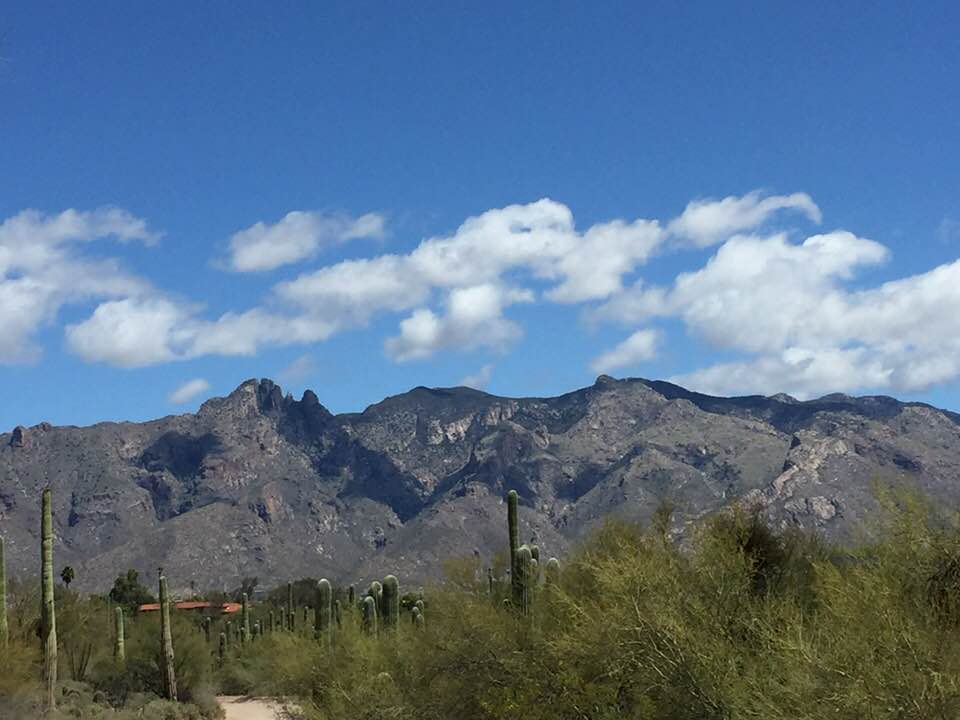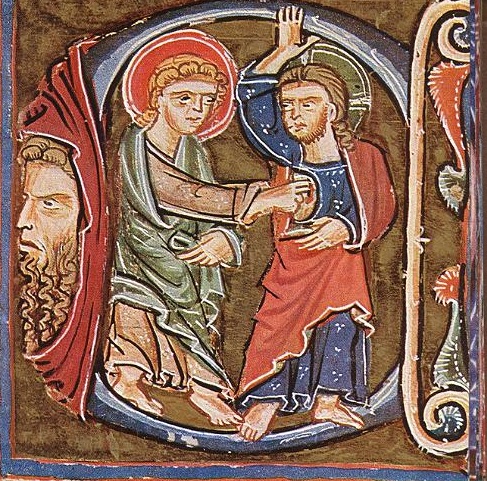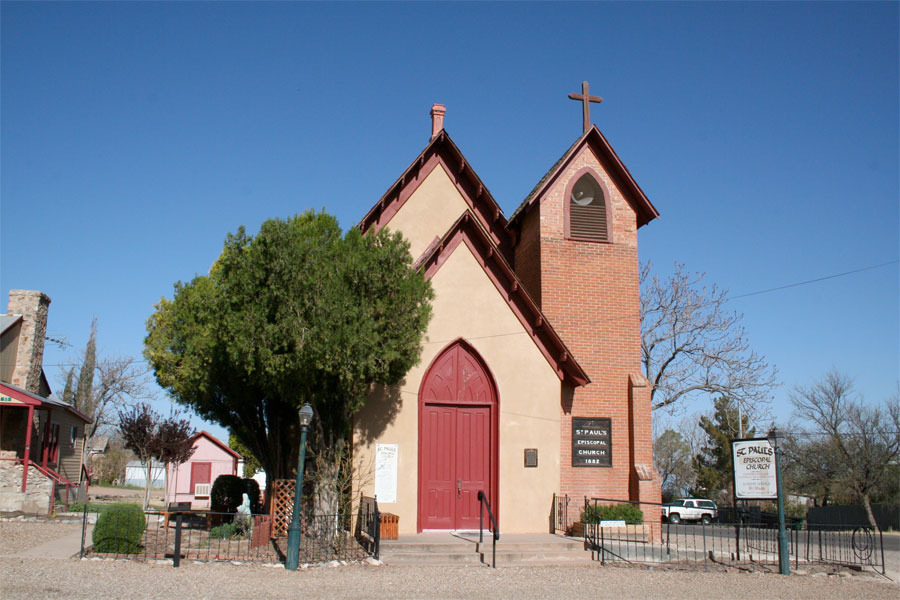What are you reading? A good question, these days. One of my answers is, the complete Dashiell Hammett and Raymond Chandler detective stories. Another is War and Peace.
War and Peace tells the story of people - a people - facing a period of unprecedented catastrophe.
What is the American equivalent of that epic period - though not that novel?
The Second World War would be my guess, as well as the Revolution and the Civil War.
The Civil War particularly has lodged in our consciousness - and our movie theaters. Even more so, the Second World War. It is still within living memory, just barely, and there is plenty of literature, film, and biography about it.
For the British public perhaps the Napoleonic Wars and the World Wars serve a similar function.
For us though in our generation as Americans (north Americans) the Great Depression and World War II are the ones.
Leo Tolstoy wrote of his grandparents’ time. He wrote after his own experience as a soldier, and indeed at the time of writing the newspapers were filled with accounts of a contemporary crisis: the American Civil War. You can almost tell which battles he was reading about as he wrote.
And so it takes a while to understand what you, or your grandparents, went through. Great grandparents may be too far back; hence the loss of interest in the Spanish American War or the Great War, even though people like me have met veterans of those conflicts … in our youth.
Someday soon the Vietnam War era may be equally remote, as its survivors take the stage as grandparents, great uncles, and strangers with a story to tell.
But what are you reading, or have you read, about the Great Depression and the second war?
I’d recommend two I have read recently:
Freedom from Fear: The American People in Depression and War, 1929-1945, by David M. Kennedy, published in the Oxford History of the United States. (Oxford, 1999).
And more remarkably perhaps an older work, in the narrative history mode,
Redeeming The Time: A People's History Of The 1920s And The New Deal, by Page Smith, Volume 8 of A People's History of the United States. (McGraw-Hill, 1986)
Why these two? There’s always Churchill, by and about. And later works, by newer historians.
And why Page Smith? Because, for one thing, his was the only narrative history of the United States published in a drought of some decades.
(Jill Lepore deplores the lack of a one-volume narrative history produced during that period, and a lack of awareness of the great “city on a hill” sermon by John Winthrop given aboard ship on the way to the new Massachusetts Bay Colony. As a student at Cowell College, where Page Smith was founding provost, and our campus newspaper was the City on a Hill Press, I can assure you that lack was not palpable.)
Page Smith taught us about the adversity the American people imbibed during the economic disaster that befell them during the period following the Great Crash of 1929 and lasting until the war machinery, war economy, and War Production Board revved up in 1940-1945.
Revved up - but did not revive - the previous economy. Some things changed forever, some for good.
But what people endured and many survived may have made the nation stronger, more unified, to confront a later challenge. In their case that was the menace of totalitarianism, Fascism and Nazism, and the military adventurism of the Japanese regime of the time.
Collapsing empires and economies after the 1914-1018 war, along with flu pandemic and other causes, had left the societies of the world exposed to the threat of extreme chaos and government by the ‘strong’ - read, ‘the extreme’.
Prof. Katharine Hayhoe (Texas Tech) calls climate change a threat multiplier: behind every other crisis and challenge of our time lies this one big fact: the world is changing irrevocably, our atmosphere becoming carbon-dioxide soaked and our lands parched, frozen, or flooded.
We cannot go back to pre-industrial populations and consumption patterns. There are nearly eight billion of us now, as she points out, and we need sustainable energy to replace the carbon-dependent fossil fuels on which our industrial civilization was built.
Maybe we can work on that. And may in time we can find some insight as well as comfort in looking at what people have gone through before.
For me personally I first read War and Peace during a time when I was not sure how to finish college (though I did, returning to the course I was pursuing in History, Religious Studies, and Literature) : I read it in a cold room at night in a club chair in my parents’ living room. Later I read it again, in another room, in another translation. (Constance Garnett the first time, later Maude, now Pevear/Volokhonsky and Anthony Briggs).
And I’ve read the Iliad and the Odyssey the same way, during several times of transition, in multiple translations. And even the Aeneid, though the soul-searching and travelogue give way to first a jilted queen and then a lot of slaughter. Sheesh.
Pepys’ diaries, as read by Kenneth Brannagh, also tell of a time of plague and fire: the 1660s in London. Perhaps Robin Hood, read aright, is a source of comfort in the right time and culture.
If another King John comes along.





















